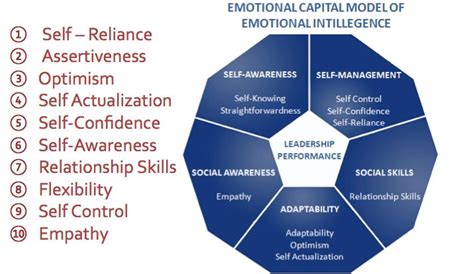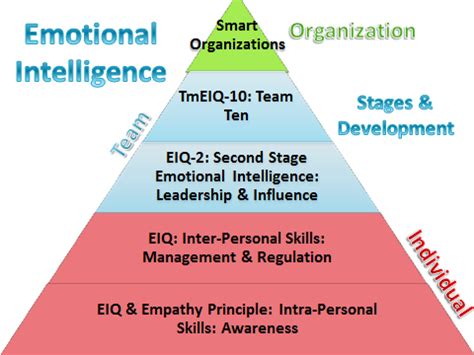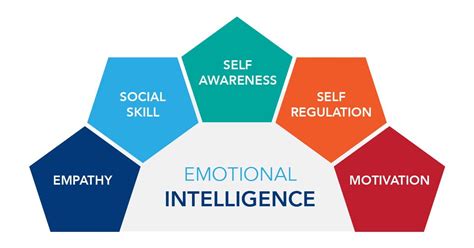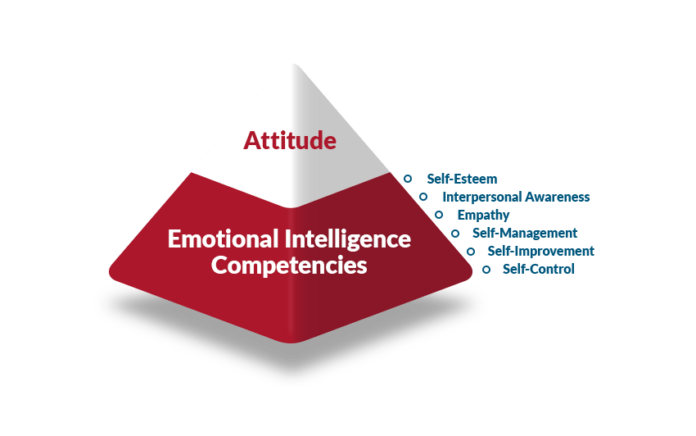Empaths possess a heightened sensitivity to the emotions and energies of those around them, making them uniquely equipped to enhance their emotional intelligence. In the realm of soft skills development, understanding what defines an empath is key to cultivating stronger communication, leadership, and time management abilities. This article explores the core traits of empaths and highlights how these traits contribute to their ability to connect deeply with others. By integrating empathy into their emotional intelligence toolkit, empaths can develop the skills needed to excel in both personal and professional interactions while effectively managing their time and energy.
Explore this topic with rosawblog.com in great detail.
1. Characteristics and Traits of Empaths
Empaths are individuals with an extraordinary ability to sense and internalize the emotions, energies, and experiences of others. This deep emotional awareness often manifests in traits such as heightened sensitivity, intuitive understanding, and a natural inclination to help those in need. Empaths typically feel the emotional states of people around them as if they were their own, allowing them to quickly detect shifts in mood and unspoken tensions in social settings.
This sensitivity, however, is not limited to human interactions; empaths can also be deeply affected by environmental factors, including crowded places, loud noises, or chaotic environments. Their innate ability to tune into subtle emotional cues often goes hand-in-hand with a strong sense of compassion and a desire to alleviate suffering. This can make empaths excellent listeners and supportive friends, as they instinctively offer comfort and understanding.
On the other hand, empaths may struggle with setting boundaries and distinguishing their own emotions from those they absorb from others. This can lead to emotional overwhelm and burnout if not properly managed. Despite these challenges, the unique traits of empaths, such as deep empathy, strong intuition, and heightened emotional intelligence, form a powerful foundation for developing soft skills. Understanding and embracing these characteristics are essential steps toward leveraging empathy as a strength in personal and professional growth.

2. Importance of Emotional Intelligence for Empaths
Emotional intelligence is crucial for empaths as it allows them to harness their heightened sensitivity in a balanced and effective manner. For empaths, understanding and managing their own emotions, while also navigating the emotions of others, is essential. Emotional intelligence involves key components such as self-awareness, self-regulation, empathy, and social skills. These elements enable empaths to process their emotions without becoming overwhelmed and to approach interactions with a clear mind and a steady heart.
Empaths naturally excel at perceiving emotions in others, but without emotional intelligence, they may struggle to manage the intensity of these perceptions. Developing emotional intelligence empowers empaths to set healthy boundaries, distinguish between their own feelings and those of others, and avoid emotional exhaustion. It also enhances their ability to communicate with clarity and lead with compassion, making them more effective in both personal and professional relationships.
By refining emotional intelligence, empaths can transform their sensitivity into a valuable asset. It allows them to channel their deep understanding of others into constructive actions, making them more resilient and capable of navigating complex social dynamics while maintaining emotional well-being.

3. How Empathy Enhances Communication Skills
Empathy is a key driver in developing strong communication skills, and empaths naturally excel in this area. By tuning into the emotions and perspectives of others, empaths can communicate in ways that are both compassionate and impactful. Their ability to sense underlying emotions allows them to respond thoughtfully, making others feel heard and understood. This deep connection fosters trust, which is essential for effective communication in both personal and professional settings.
Empaths are often skilled at active listening, which is a crucial component of meaningful dialogue. They not only hear the words being spoken but also pick up on the tone, body language, and emotional cues that convey the full message. This enables them to tailor their responses to meet the emotional needs of others, leading to more productive and harmonious interactions. By leveraging their natural empathy, empaths can bridge communication gaps, resolve conflicts smoothly, and foster environments where people feel valued and respected.

4. Role of Empathy in Effective Leadership
Empathy plays a vital role in effective leadership by enabling leaders to connect with their teams on a deeper level. Empaths, with their heightened sensitivity to others’ emotions, are naturally inclined to lead with compassion and understanding. This approach fosters a supportive and inclusive work environment where team members feel valued and motivated. By recognizing and addressing the emotional needs of their team, empathic leaders can build stronger relationships, boost morale, and enhance collaboration.
Empathic leaders excel at active listening and are more attuned to nonverbal cues, allowing them to detect underlying concerns or tensions before they escalate. This proactive awareness helps them manage conflicts and offer tailored guidance, leading to more effective problem-solving. Additionally, empathy encourages trust and open communication, making it easier for leaders to inspire loyalty and drive positive change. By integrating empathy into their leadership style, empaths can guide their teams with both compassion and insight, leading to more engaged, motivated, and productive outcomes.
5. Strategies for Empaths to Manage Time and Energy
For empaths, managing time and energy effectively is crucial to avoid burnout and maintain balance. Due to their deep sensitivity and strong desire to help others, empaths can often become overwhelmed if they do not establish clear boundaries. One key strategy is learning to prioritize self-care and schedule regular breaks throughout the day to recharge emotionally and mentally. This allows empaths to sustain their energy levels and remain productive without feeling drained.
Another important approach is practicing selective empathy by choosing where and when to invest their emotional energy. Empaths benefit from focusing on relationships and tasks that align with their values and contribute positively to their well-being. Setting boundaries is also essential—this involves saying “no” when necessary and being mindful of taking on too much.
Time-blocking and creating structured routines help empaths manage their workload more effectively by allocating specific periods for focused work, rest, and social interactions. By implementing these strategies, empaths can harness their unique strengths while maintaining a healthy balance between their personal needs and external demands.
Empaths bring a unique set of strengths to personal and professional growth, with their deep emotional awareness being a cornerstone. By embracing their empathy and developing emotional intelligence, empaths can enhance their communication skills, lead with compassion, and manage their time and energy effectively. Recognizing and nurturing these traits allows empaths to transform their sensitivity into a powerful tool for navigating relationships and achieving success. Ultimately, understanding what defines an empath is key to unlocking their potential in the development of essential soft skills.
rosawblog.com
